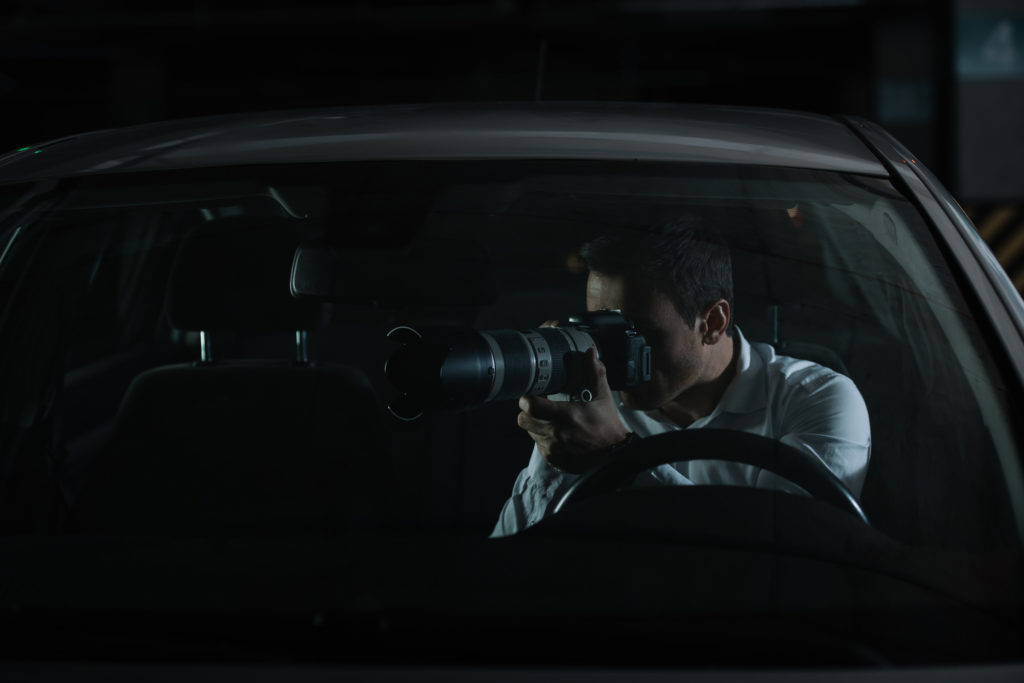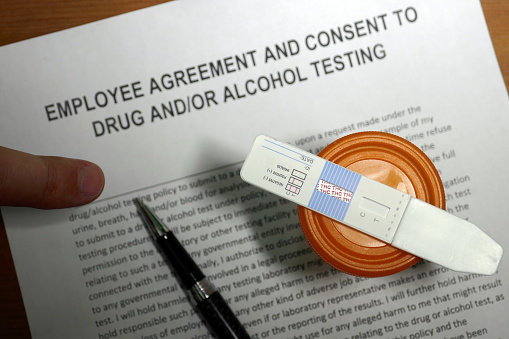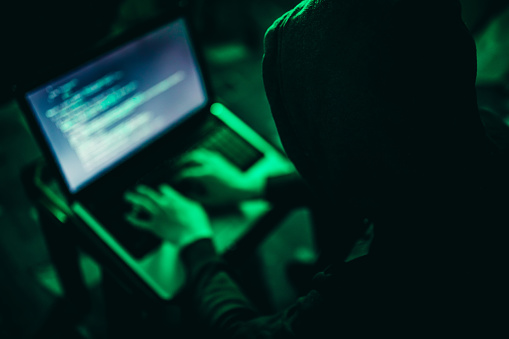Whether you are a new private investigator or are just looking to hire a private investigator, it’s important to be aware of common private investigator mistakes. These mistakes may seem small but can be the difference between gathering legally obtained evidence and potentially losing a case and job due to ignoring the law. Like any profession, there will be several learning opportunities as PIs gain more experience, knowledge, and skills during their careers. Keep reading to discover some common private investigator mistakes to avoid.
1. Breaking and Entering
While on a case, it’s important that private investigators always follow the law. It may be tempting to pick a lock, but this is going to lead to legal and ethical issues. Indeed, a PI must obtain a search warrant from the court before they enter private premises. The property owner must also provide consent before a PI can legally enter a premises. By following every law, this will ensure that the PI obtains evidence legally, which can likely be used in court.
2. Impersonating a Police Officer
Unlike police officers, private investigators do not have the authority to enforce the law, even when they are witnessing a crime. PIs are not allowed to impersonate law enforcement under any circumstances. This may seem like an easier way to gather data and leads regarding a case, but is not worth losing their license or even going to jail. Since some civilians are not aware of this, it’s important for PIs to carry identification on them while on the job. This will help people distinguish the difference between law enforcement and private investigators.
3. Ignoring Surveillance Procedures
Private investigators are allowed to conduct surveillance on a subject in public places, such as at a store, park, or gas station. Indeed, private investigators may film and document a subject’s activities in public areas. However, PIs are not allowed to conduct any surveillance when a subject is in a private place, such as their home or behind a privacy fence. If PIs ignore these procedures, this may cost them their job and they may lose any chance of obtaining solid evidence for a client’s case in court. Additionally, stalking is not considered a surveillance method, especially since it can lead to harassing or intimidating a subject.
4. Obtaining Information Without Consent
When on a case, private investigators work hard to gain as much valuable information as possible. This key information can be used to help solve a case as long as the information was gathered in a legal manner. For private records, a PI must obtain consent from the court to access this information, such as criminal records, credit card history, and phone records. Depending on the state the PI is practicing in, they may also need to request consent from the subject before digging into their private lives.
As you can tell, there are quite a few mistakes that private investigators can make, especially new PIs that just started out their careers. It’s important to note that every state has different laws about what private investigators can and cannot do. If you are considering hiring a PI to help you with a case, these common mistakes will help you know what to look out for. Any professional, licensed PI will not cross the line when it comes to following the law and doing what is right, even if it means taking longer to solve a case. If you are looking for the best Florida private investigators, look no further than PATRIOT Backgrounds and Investigations. We are your one-stop shop for everything from private investigation to background checks and much more.












